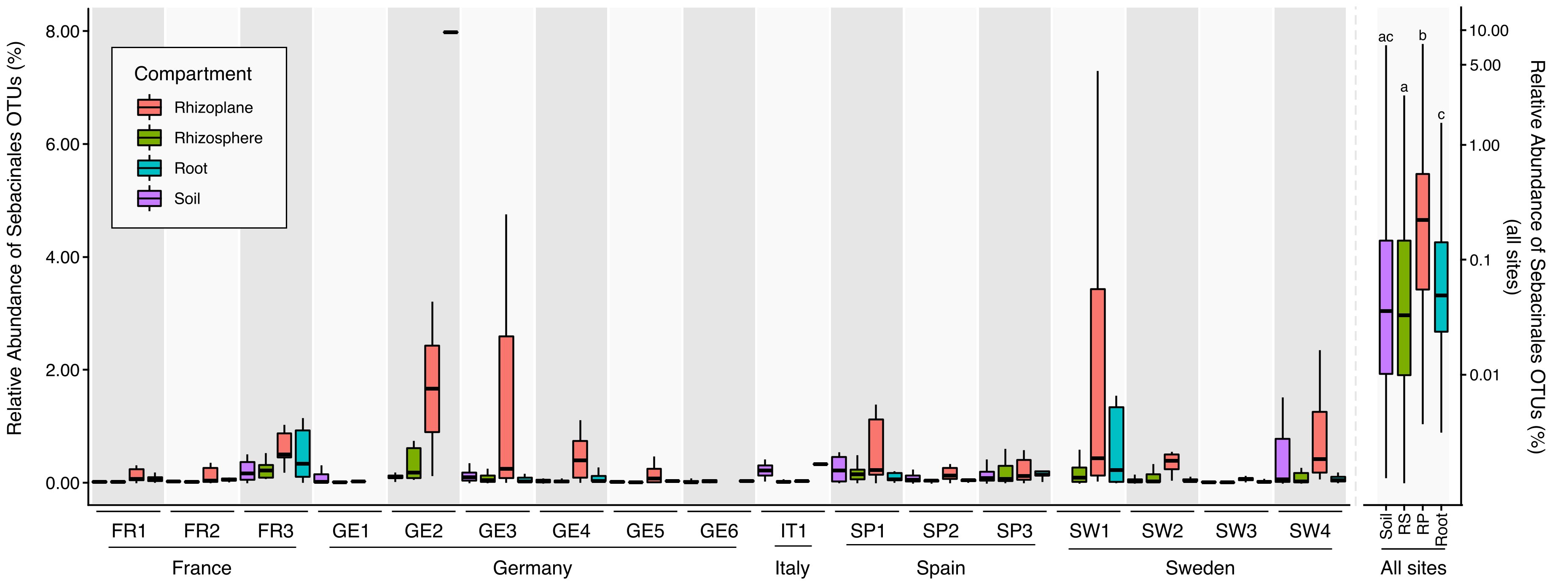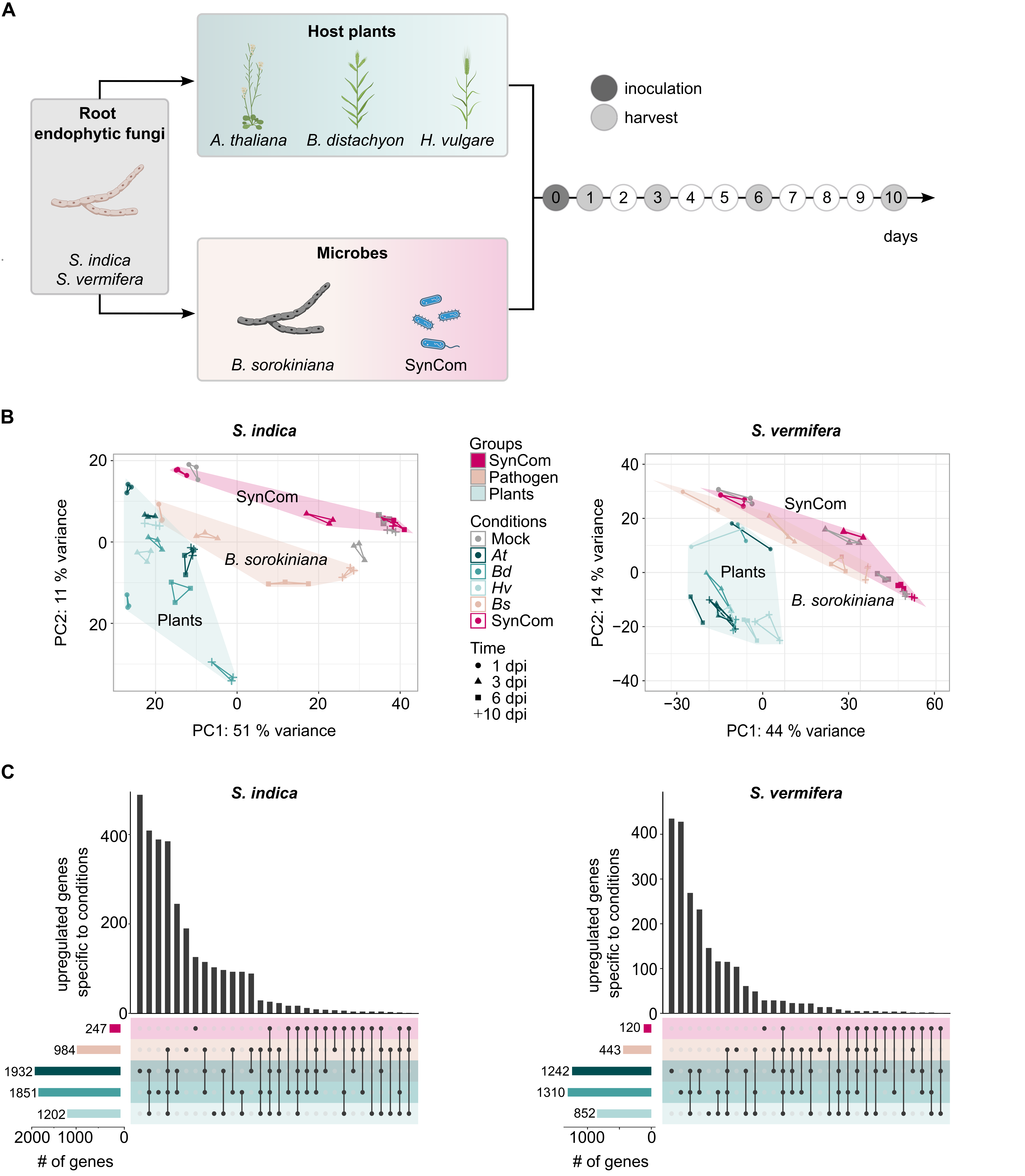Integrated analysis of microbiota functions, their ecological and evolutionary relevance
The central overall scientific objectives of this research area are to obtain deep and potentially predictive insights into plant-microbiota interactions, nutrition, resource use efficiency, and plant health and to develop pioneering reductionist approaches towards a molecular understanding of plant microbiota functions (Almario et al., 2017; Koprivova et al., 2019; Sarkar et al., 2019; Mahdi et al., 2021; Eichfeld et al., 2023). The key innovative aspect of this research topic is to integrate analysis of plant nutrition as a combined function of plant roots and leaves, its associated microbial communities, and soil properties. We aim to understand at multiple levels functional relationships between the plant, its associated microbes, soil metabolic activities, and the coordination between these physiological traits underlying plant health. Here we are moving microbiota research from taxonomic descriptions of communities into a mechanistic understanding of its functions. We are establishing and analysing:
- Community-level phenotypes in plant-microbe interactions
- Role of the plant immune system in shaping resident microbial consortia
- Ecological relevance of plant-microbial communities
On this line we have established the SPP 2125 DECRyPT initiative on “Deconstruction and Reconstruction of the Plant Microbiota” which is now entering its second round. The immediate goals of DECRyPT is to advance cutting-edge microbiota research by bringing together experts in molecular plant-microbe interactions with experts in microbiota reconstitution biology, evolutionary ecology and plant phenotyping.

